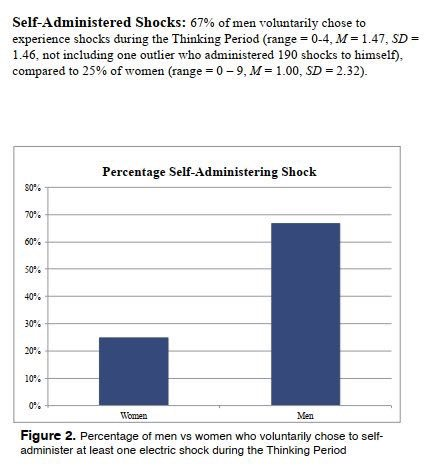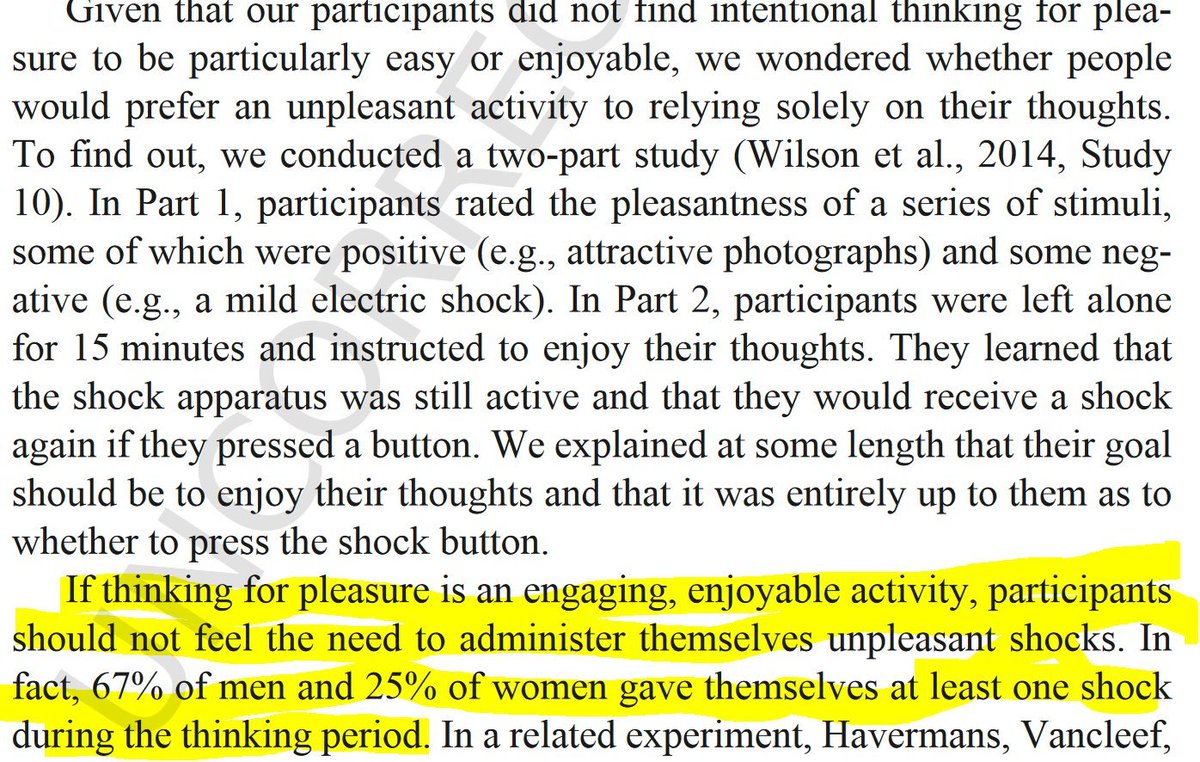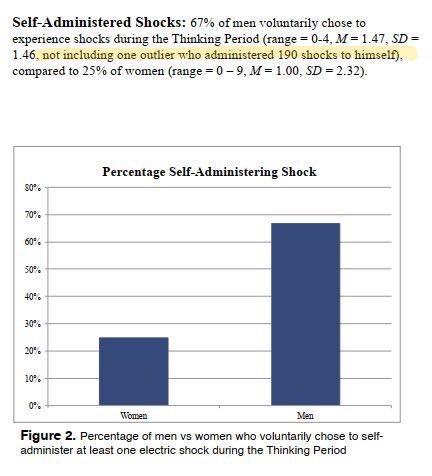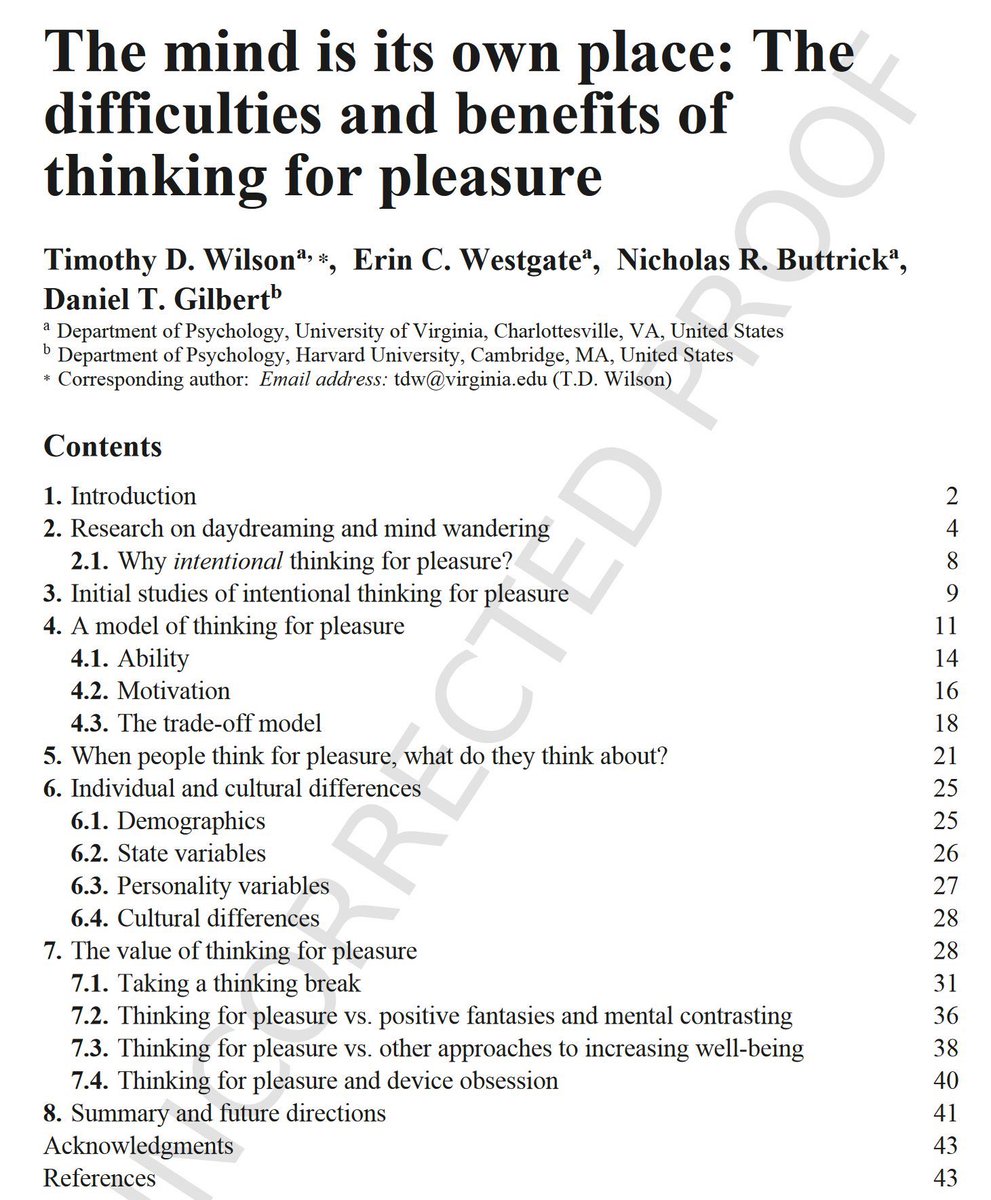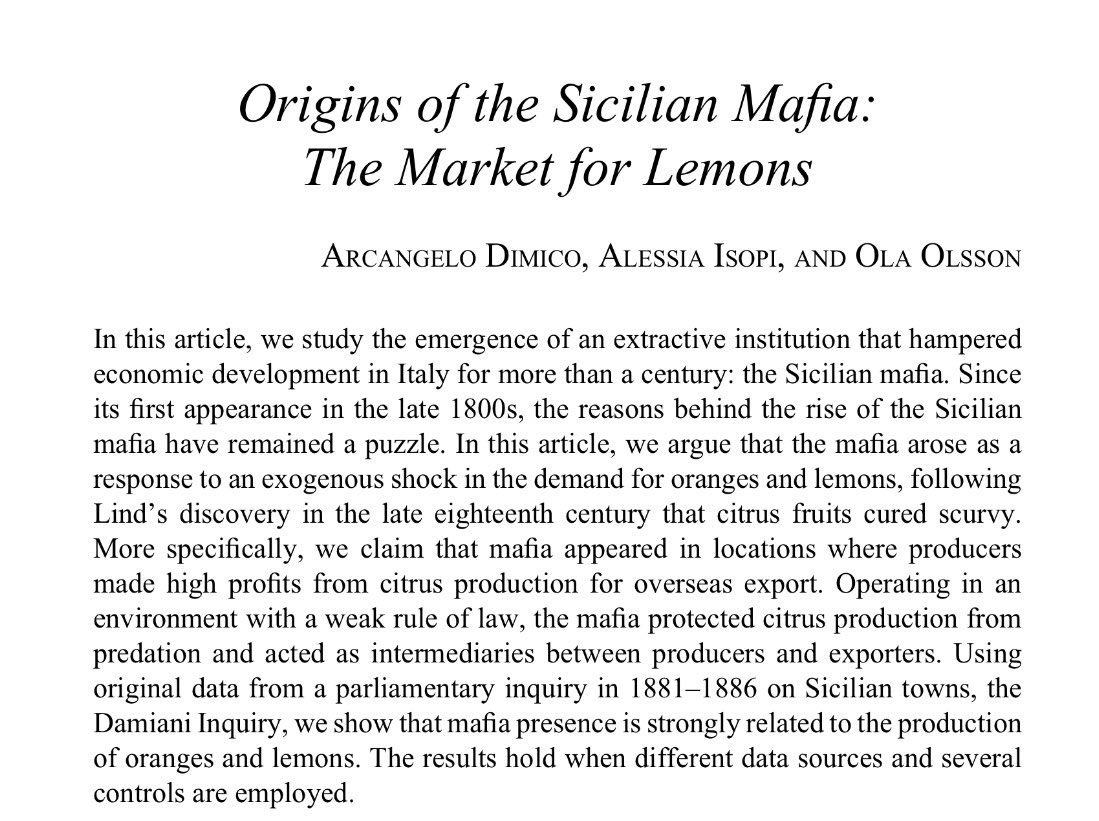
So chess is having a moment thanks to the Queen’s Gambit (see the chart from @DataIsBeautiful). It is also a subject of a lot of social science research. So, a thread of findings on ♟that tell us things about intelligence, luck, and how we learn 1/n 
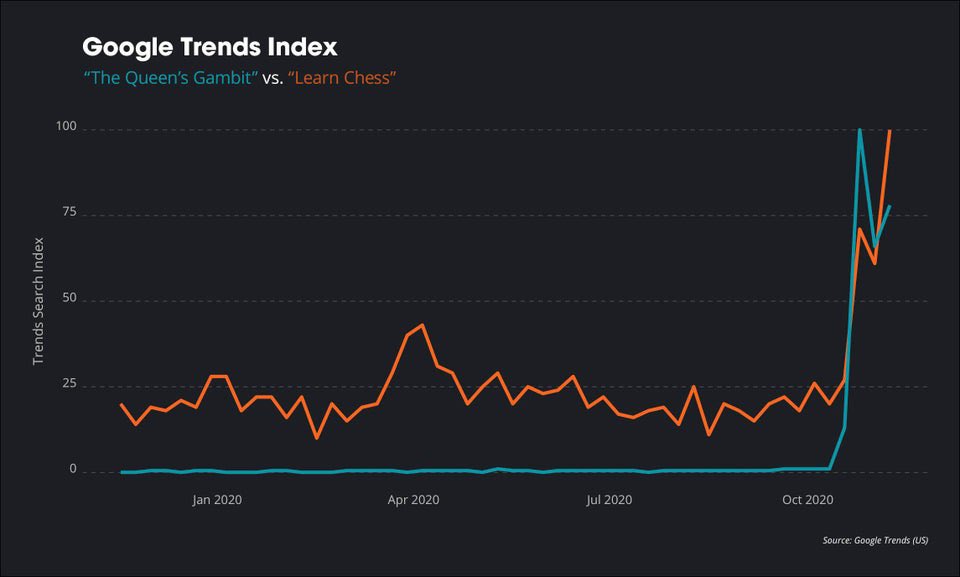
First, chess is often viewed as a game that makes players smarter at other tasks, but the research shows that isn’t true. You don’t need to learn chess unless you want to learn chess! 2/
https://twitter.com/emollick/status/1308222378518994946
Chess is really a game of skill, much more so than any other commonly played game, the best player usually wins. 3/
https://twitter.com/emollick/status/1191164726237159424
That makes chess useful for understanding how intelligence and skill change with age & practice. 4/
https://twitter.com/emollick/status/1315108822663520256
• • •
Missing some Tweet in this thread? You can try to
force a refresh

